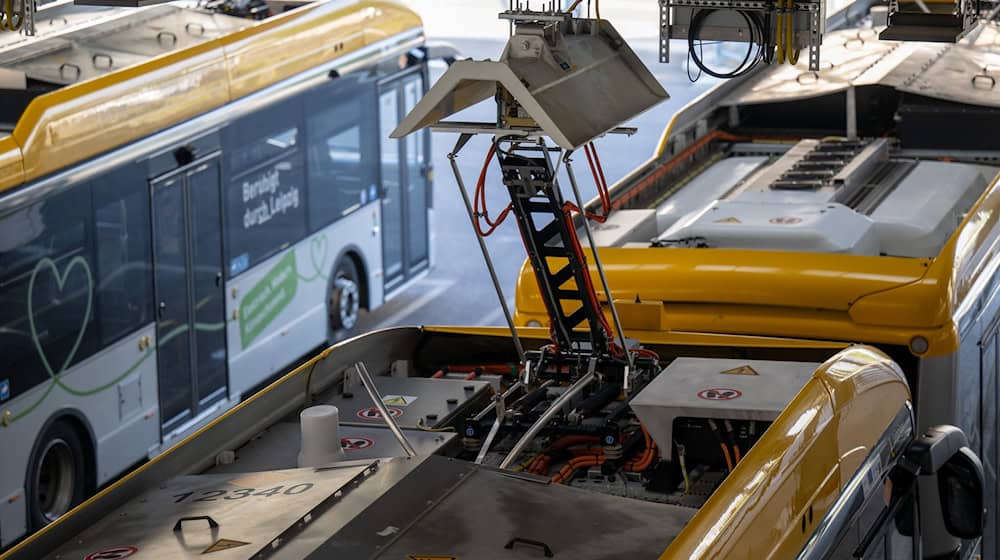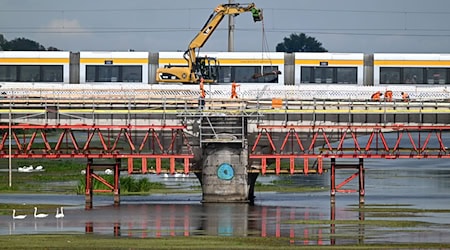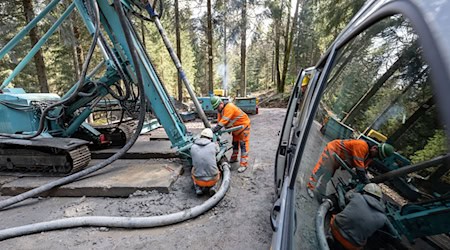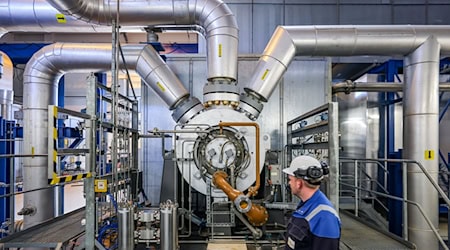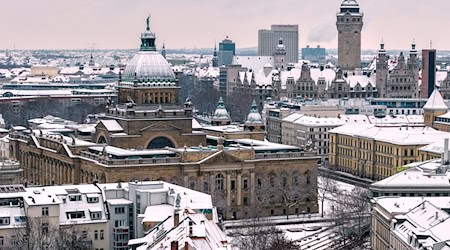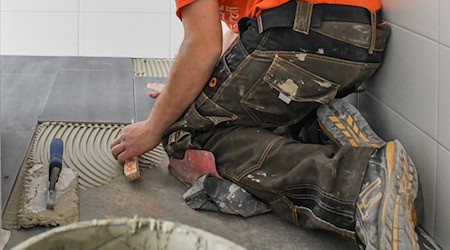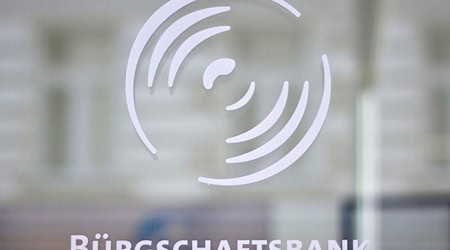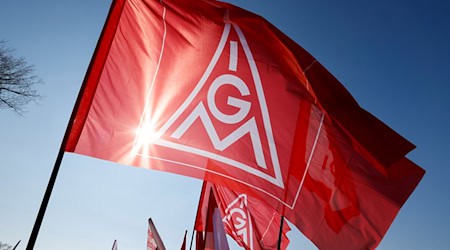Rural residents in Saxony, Saxony-Anhalt and Thuringia often continue to use a car instead of public transport due to a lack of services. "More people have switched in the cities, but not in the countryside," said Mario König, Chairman of the Association of Central German Bus Companies. The reason for this is that there are not enough services in rural areas. For example, a journey to the late shift for a production employee is feasible by public transport - but the return journey in the evening is not. "This means that switching from car to public transport is out of the question from the outset," explained König.
A monthly pass for local public transport in rural areas usually doesn't cost much more than what is charged per month for the Deutschlandticket, König explained. "In principle, of course, we welcome the Deutschlandticket because it has made access to local public transport much easier thanks to the simple fare," said the association chairman. In rural areas, however, it does not have the desired effect because there are simply too few journeys to make optimum use of the simple fare.
More passengers with the D-Ticket? Not in the countryside
Many bus companies from Saxony, Saxony-Anhalt and Thuringia are meeting near Halle on Wednesday and Thursday for the 20th Central German Bus Days to discuss how the challenges in the countryside can be overcome. Private companies in particular are expected to attend, as well as municipal companies that operate in rural areas.
"Due to rising costs, particularly for energy, services and spare parts, many of these companies are already having to think about how they can maintain their current services," says König. In rural areas, the inadequate range of services is causing the exact opposite of what the introduction of the Deutschlandticket was supposed to bring. "Namely: more passengers on public transport, including in rural areas."
Companies see no clear political direction
Broken down, the industry needs two things above all: money and planning security, according to König. While it has recently become easier to find suitable staff, there is a lack of money for more journeys and investments, for example in new buses with alternative drive systems, said Tilman Wagenknecht, organizer of the Omnibustage. "We have the feeling that politicians don't quite know which direction to take. That makes life difficult for us," added König.
A total of around 300 people are expected to attend the Omnibus Days. Specialist discussions are planned, as well as talks with politicians. The industry meeting will be accompanied and co-financed by exhibitors who will present their products there. "It's about networking, of course, but also about discussing the challenges facing the industry and perhaps finding solutions together," said Wagenknecht. One of the highlights of the event will be the awarding of prizes to around 35 drivers, some of whom have been on the road accident-free for over 25 years.
Copyright 2025, dpa (www.dpa.de). All rights reserved

